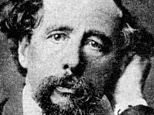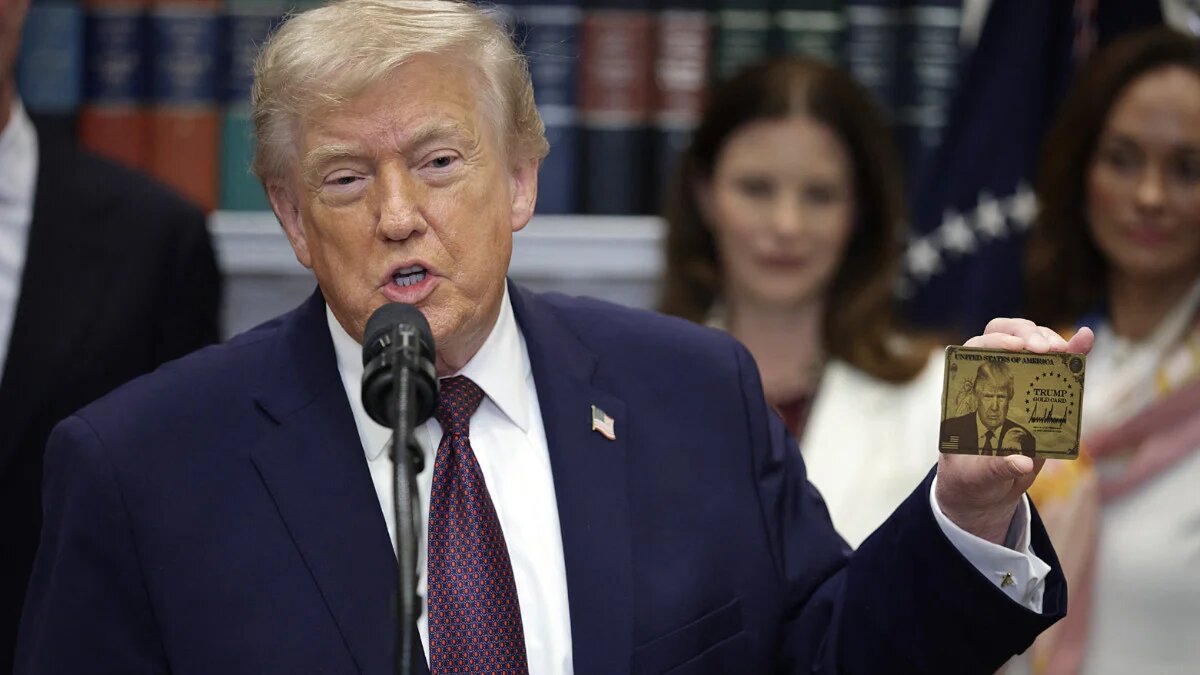UPDATE: The University of Manchester has just announced that famed author Charles Dickens is being labeled a racist due to his 1851 essay critiquing China. This declaration, issued amid rising tensions surrounding educational content, reveals the university’s stance that Dickens’ work expresses “racist views, particularly against Chinese people.”
Students enrolled in the English Literature course titled Victorian Rights: Victorian Wrongs have been cautioned about reading Dickens’ co-authored article, The Great Exhibition and the Little One, which he penned alongside poet Richard Horne. The piece contrasts the perceived superiority of Western civilization with a stagnant view of China, particularly highlighting economic and political themes.
This controversial warning comes as the university grapples with its significant enrollment of nearly 9,000 students from mainland China. Critics quickly condemned the university’s decision as “historically illiterate,” arguing that it compromises academic integrity for commercial interests.
Emerging reports indicate this move follows a troubling trend in UK higher education, notably after Sheffield Hallam University faced pressure from Chinese authorities to halt a human rights investigation. Professor Laura Murphy was stymied in her research efforts after threats were reportedly made against university staff in China.
The University of Manchester’s cautionary statement regarding Dickens’ work, obtained through Freedom of Information laws, reflects a broader context of academic institutions navigating complex relationships with China. The article in question was released during the Great Exhibition of 1851, where Dickens praised England’s global commerce while criticizing China’s lack of progress.
Frank Furedi, emeritus professor of sociology at the University of Kent, criticized the university’s sensitivity training, stating, “What we should worry about is not so much Dickens’ racist views but the historical illiteracy of the University of Manchester’s sensitivity police.”
Adding to the debate, Lord Young, founder of the Free Speech Union, called for transparency regarding foreign funding in universities, urging action to protect academic freedom in the face of external pressures.
Despite the backlash, a university spokesperson insisted, “Our approach to teaching and research is guided by academic integrity and intellectual curiosity – not by any external relationships or partnerships.”
As this situation develops, attention will remain focused on how universities balance academic discourse and commercial ties, particularly with nations like China. The implications of this debate extend beyond literature, raising fundamental questions about freedom of speech and the role of historical context in education.
Stay tuned for further updates on this evolving story as it continues to resonate across academic and cultural landscapes.







